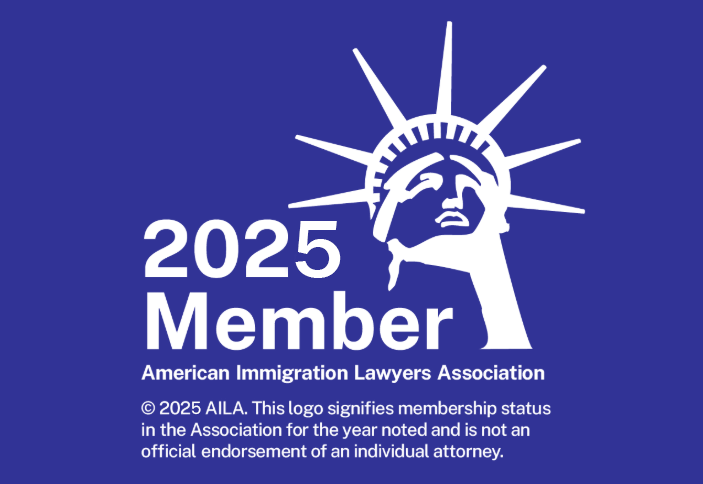
What Changes to U.S. Immigration Policy can be Expected Under the Second Trump Administration?
Based on statements made by Donald Trump during his election campaign, it is anticipated that there will be an immediate focus on the deportation of individuals in the United States without valid status.
During his first administration, Trump issued travel bans on individuals from Somalia, Iran, Libya, Syria, Yemen, Chad, Tanzania, Iraq, North Korea and Venezuela. It is expected that travel bans may be reinstated in a second term. Stricter enforcement actions within the country, such as worksite raids, are also anticipated. Other groups that are expected to be significantly impacted in a second Trump presidency are individuals seeking asylum and refugee protection within the country, as Trump has stated that he will restrict these programs.
With regard to broader U.S. immigration policy, in the medium term, a shift towards a merit-based immigration system may occur. This type of system would benefit immigrants who have the potential to contribute to the U.S. economy, in contrast to the current system which is designed principally to favor family unification and humanitarian objectives.
Similar to Canada’s point-based system, a merit-based immigration system under Trump would give priority to immigrants based on their education, professional experience and skills. Trump has previously stated that this approach to immigration will help to attract the best and brightest from around the world, would then in turn drive innovation, competitiveness and growth within the United States.
Based on this view, current visa programs available to highly skilled professionals, investors, and others — such as EB-1A, EB-2 NIW, E-2, and EB-5 visas — should continue to receive support from the Trump administration.
Industries that are expected to benefit from a merit-based immigration policy include engineering, healthcare, technology, infrastructure, finance and education, among others. Industries that rely on foreign workers with lower education and skill levels, however, such as agriculture and hospitality, could face some challenges.
In summary, a second Trump administration presents uncertainty for individuals currently in the U.S. without legal status, as well as for those outside of the United States seeking humanitarian protections within the U.S. On the other hand, based on the type of immigration policies president-elect Trum has indicated that he prefers, individuals seeking to enter the country visa established visa programs, particularly individuals who can make economic, social and intellectual contributions to the United States, should expect to find a welcoming environment under a second Trump administration.

